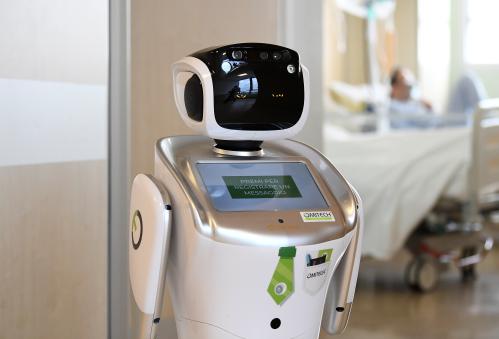Just as physics gained public visibility and ideological contention as it matured over the twentieth century, so genomic science will gain public visibility and competing normative valences as it becomes increasingly important during the twenty-first century. The new biology can help to solve many of humankind’s most serious problems, or it can reinforce racial hierarchy and enhance governmental surveillance. Genomic scientists will protect our lives and our planet — or scientists are tampering dangerously with nature.
As of 2013, the production and use of genomics has been lightly regulated; court cases addressing medical or individual uses of genomics are rare and politicians’ engagement even rarer. The American public is just beginning to learn about genomic science, its likely uses, and its potential benefits and harms. This relative vacuum permits social scientists to explore how innovations in genomics research are moving into the public arena; rarely do scholars have the chance to watch a new policy regime emerge, especially in such an important and fraught field. As public opinion develops, it may help to shape government funding, regulation, and legislation. Most importantly, to the degree that biology becomes in this century what physics was in the last – a powerful, somewhat mysterious force influencing the destinies of individuals, countries, and the globe – it is essential for any democratic polity to examine what people know, want, believe, and fear about it. Those views will surely change as the science changes, but baseline analyses will enable political actors to know where people are starting.
We begin by describing Americans’ level of technology optimism or pessimism across four arenas in genomic science and one arena (climate change) outside genomic science. We then ask “so what?” – do people who perceive more harm than good in genomic science hold different policy preferences from those who perceive more good than harm? Do optimists and pessimists differ in their perceptions of elite actors, or their willingness to be directly involved with the new science? Finally, we consider variations within the public. Is knowledge about genetics associated with more optimism about genomic science? Are people with direct interests in one arena of genomics more optimistic (or pessimistic) about its future than they are about other arenas? Do religiosity or characteristics such as race or gender play a role in levels of optimism about genomics in general or particular genomics arenas?
We conclude, first, that public attitudes toward genomic science are coherent and intelligible, perhaps surprisingly so given how new and complex the substantive issues are, and, second, that citizens differ from most social scientists, legal scholars, and policy advocates in their overall embrace of genomics’ possibilities for benefitting society.



